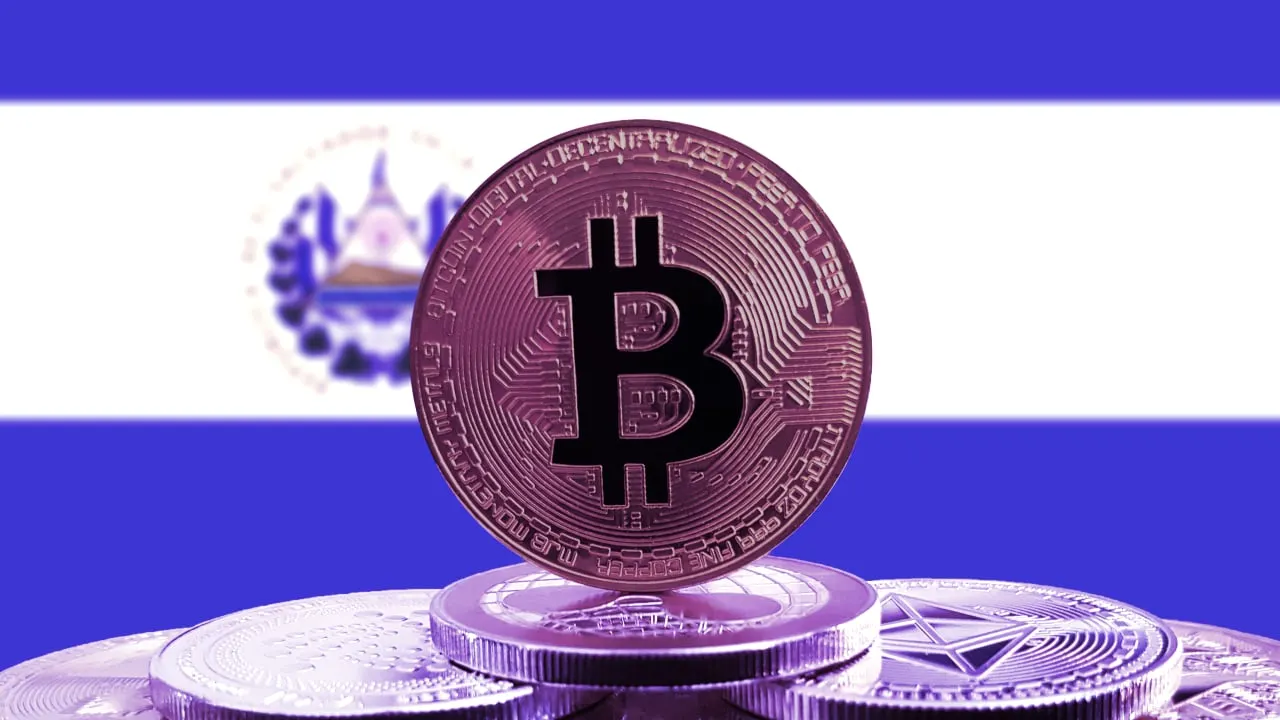Governor of the Bank of England, Andrew Bailey, has questioned El Salvador’s decision to adopt Bitcoin as legal tender.
“It concerns me that a country would choose [Bitcoin] as its national currency,” Bailey said yesterday during an address at Cambridge University, per Bloomberg.
Bailey’s warning follows a long line of previous calls for concern against El Salvador’s Bitcoin policy.
In June, the World Bank said it would not help El Salvador develop its then recently-announced Bitcoin project, citing environmental and transparency concerns.
The International Monetary Fund (IMF) also raised a red flag in July over the decision, suggesting adopting Bitcoin as legal tender “raises a number of macroeconomic, financial, and legal issues.”
Two months later, the IMF reiterated its position, calling El Salvador’s policy an “inadvisable shortcut” that raises “substantial risks.”
“What would worry most of all is, do the citizens of El Salvador understand the nature and volatility of the currency they have,” Bailey added.
However, El Salvador’s citizenry does indeed appear to understand Bitcoin’s volatility, and this has led to a series of controversies for President Nayib Bukele’s government.
El Salvador’s Bitcoin growing pains
Ever since President Bukele announced in June that Bitcoin would become legal tender in the Central American country, his government has faced hefty opposition.
Just one month after President Bukele’s Bitcoin announcement, El Salvador saw anti-Bitcoin protests. In August, Salvadorans protested against Bitcoin again—and took to the streets in their thousands in September for the third time.
The anti-Bitcoin sentiment at these protests was also substantiated by multiple surveys that found the majority of Salvadorans did not support adopting Bitcoin as legal tender.
At the core of El Salvador’s Bitcoin controversy lies a lack of transparency, as well as an apparent contradiction between the alleged promise of Bitcoin and the actions of President Bukele’s government.
One of the biggest concerns on the transparency front is the fact that nobody knows who controls the public keys to El Salvador’s Bitcoin. The government has also never provided a clear policy that governs when—and to what degree—it purchases Bitcoin for the nation.
“What’s the criteria for saying, ‘Oh, today, we’re going to buy more Bitcoin, or we’re going to wait until next month.’ We don’t know that,” said Nolvia Serrano, head of operations at crypto wallet provider BlockBank this September on the Decrypt Daily podcast.
Bitcoin’s critics then point to President Bukele’s well-documented authoritarian track record and argue it clashes with the philosophy of the flagship cryptocurrency.
One high-profile example of this occurred in the summer when Bitcoin-critic Mario Gomez was arrested without a warrant and without charge.
According to local reports at the time, El Salvador’s law enforcement attempted to confiscate Gomez’s computer during the arrest but ultimately yielded as reporters arrived on the scene.
“It crushes my soul to see Bitcoin maximalists around the world cheering this when, if they actually sat down and read the law and regulations, it is completely opposite to everything they preach,” one local businessperson in El Salvador previously told Decrypt on the condition of anonymity.

